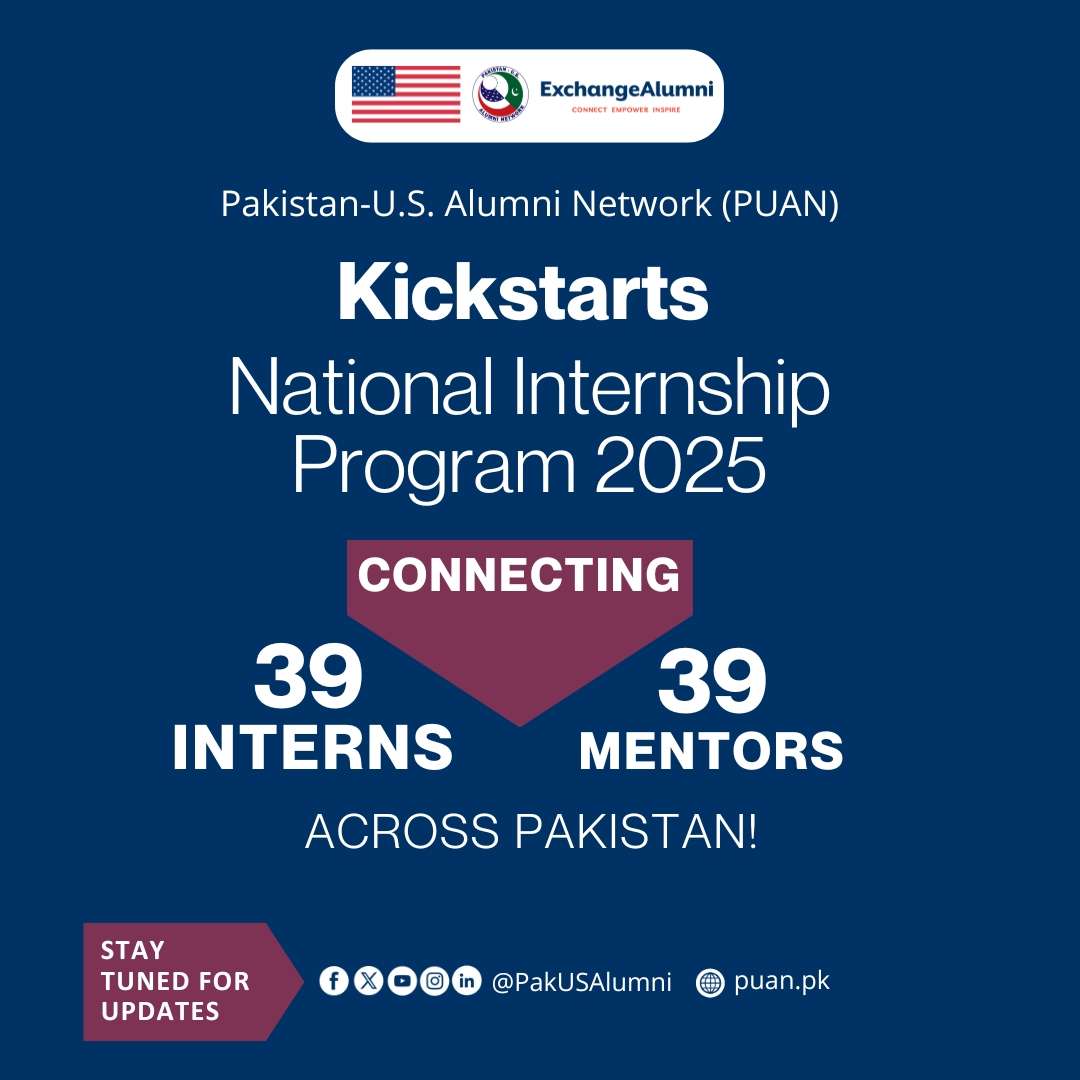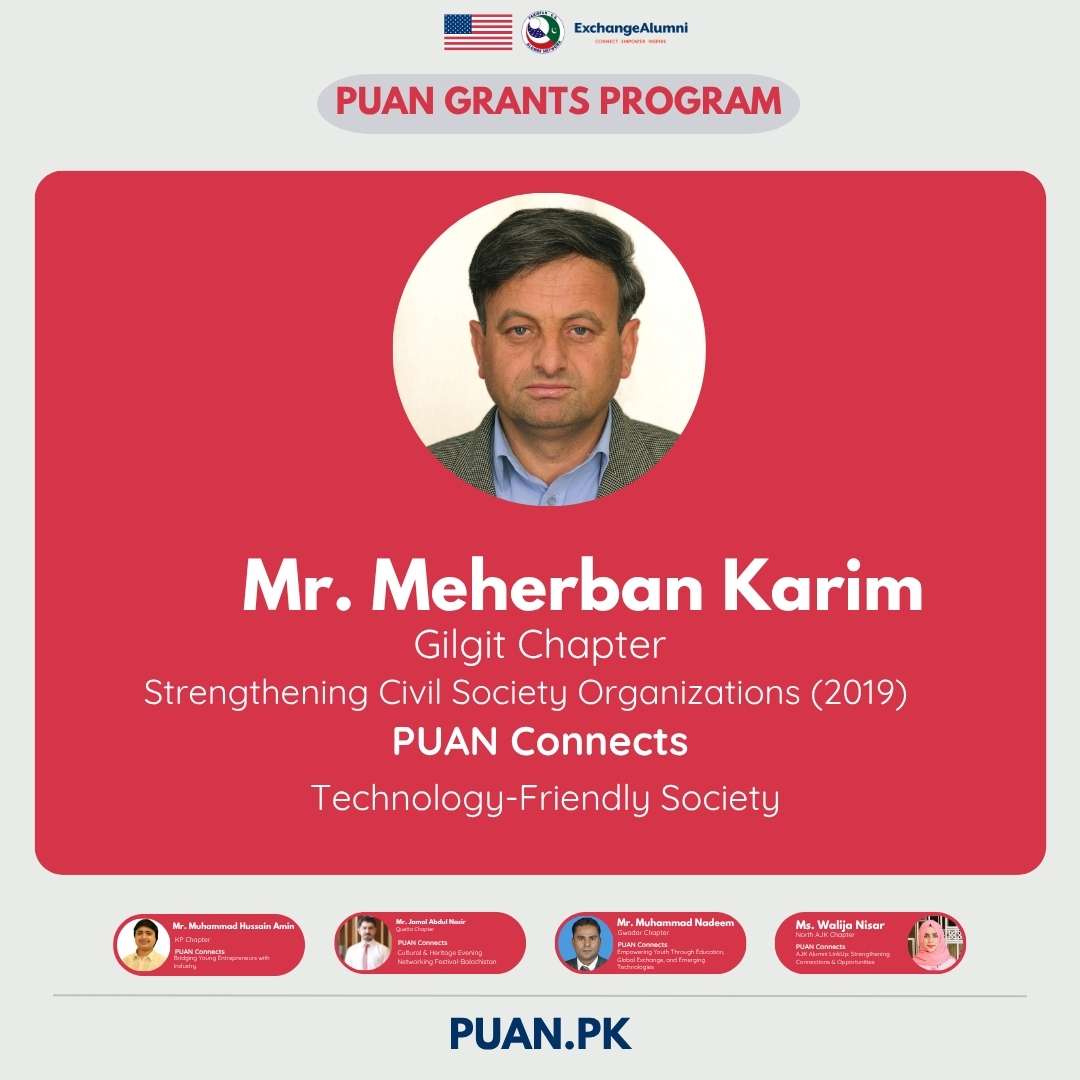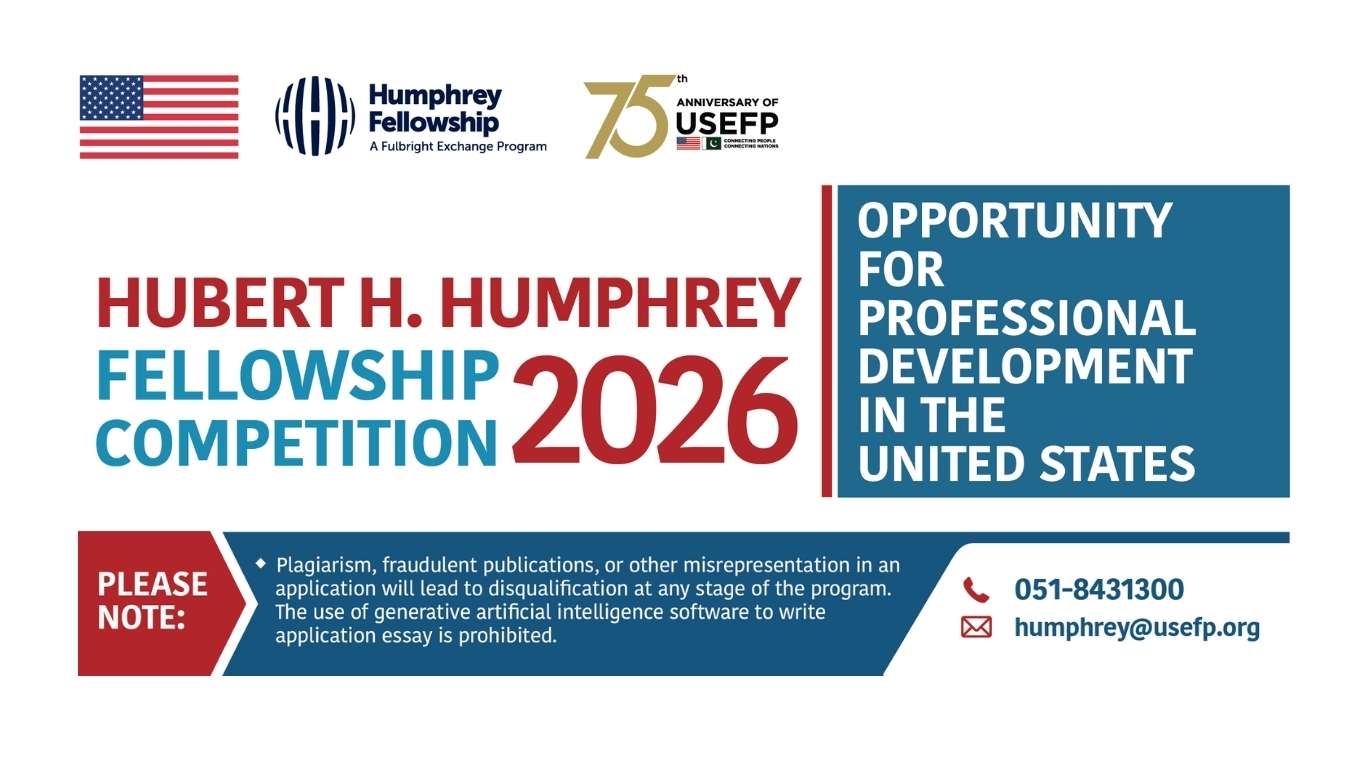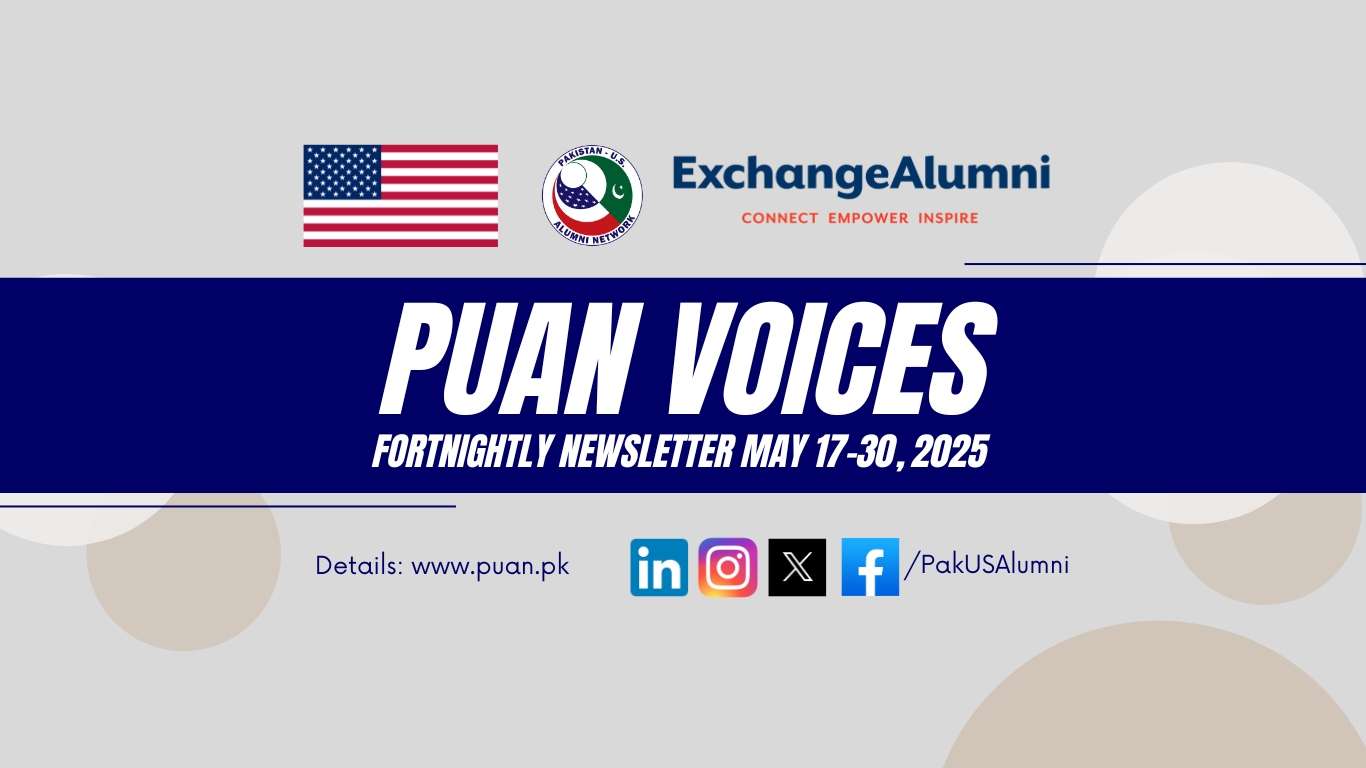Getting around in the physical world is something the majority of us take for granted. Stairs, thresholds, pavements, sidewalks gratings, obstructions, narrow passages – these are barriers we walk over, around or through countless times a day. But for people with disabilities, barriers can be more frequent and have greater impact, simply because, their needs have not been considered in designing the infrastructure which lowers their aspiration to be educated, employed and be able to serve the society.
International Visitor Leadership Program (IVLP) alumna, Maria Qureshi understands these hindrances much better than anyone else. Maria is physically challenged and has realized there can be multiple barriers that can make it extremely difficult or even impossible for people like her to move around and fulfill their social roles.
Motivated by the spirit of a responsible citizen and driven by unsuited surroundings, Maria pledged to transform the public spaces to meet the needs of all people equally so that Maria, along with 3.28 million Pakistanis, could integrate in the mainstream society in order to take an active part in the community and lead a normal life.
In August 2017, Maria launched her project ‘Accessible Pakistan: Aiding Environment for Persons with disabilities, acquisition through Accessible Business Sites’ to raise awareness amongst the local businesses and duty bearers in Islamabad and Rawalpindi on building a barrier-free, accessible and adaptive environment that fulfills the needs of persons with disabilities. The project – supported by the U.S. Mission in Pakistan through a PUAN Alumni Small Grant – began with one-to-one meeting with duty bearers i.e. Islamabad Chamber of Commerce and Industry (ICCI) and the corporate sector entities, with an aim to provide them training and audit manual on accessibility-related barriers encountered by the persons with disabilities.
During the one-to-one meetings, Maria and her team met with twelve corporate entities which included clothing brands, banks, restaurants, and utility stores. In each meeting, Maria with her team illustrated the repercussions of having inaccessible outlets and markets to the owners of famous brands and stressed how these barriers can be eliminated with simple steps. The team furthermore proposed a memorandum of understanding (MoU) to each brand, which bound them to make their outlets accessible within a time period of minimum of six months after signing the MoU; and requested the owners to nominate two employees of the brand to receive rigorous advocacy training.
Alongside, ICCI is engaged in the process to be responsible for issuance of ‘Accessibility License’ if a brand fulfills the criteria set in the audit as per the MoU to ensure its outlets, franchises or branches are barrier-free for the persons with disabilities.
Through the following short-film, Maria highlights the necessity of building a barrier-free and adaptive environment
https://www.facebook.com/MariaQureshi1122/videos/227810407749857/
A two-day training session was held at a local hotel in Islamabad which was attended by around 25 nominated representatives of the 12 brands. The training engaged the participants in activity based sessions to increase their understanding to propose concrete suggestions and recommendations towards developing an aiding environment that fulfils everyone’s needs. During the training, the Accessibility Audit Manual was developed and disseminated amongst the attendees.
The audit manual is an attempt to provide a guidebook for architects and designers with basic information for introducing a barrier-free environment. Its intent is to establish standards and recommendations that will not only influence the development and reconstruction of public spaces in Islamabad and Rawalpindi but will assume national importance at large.
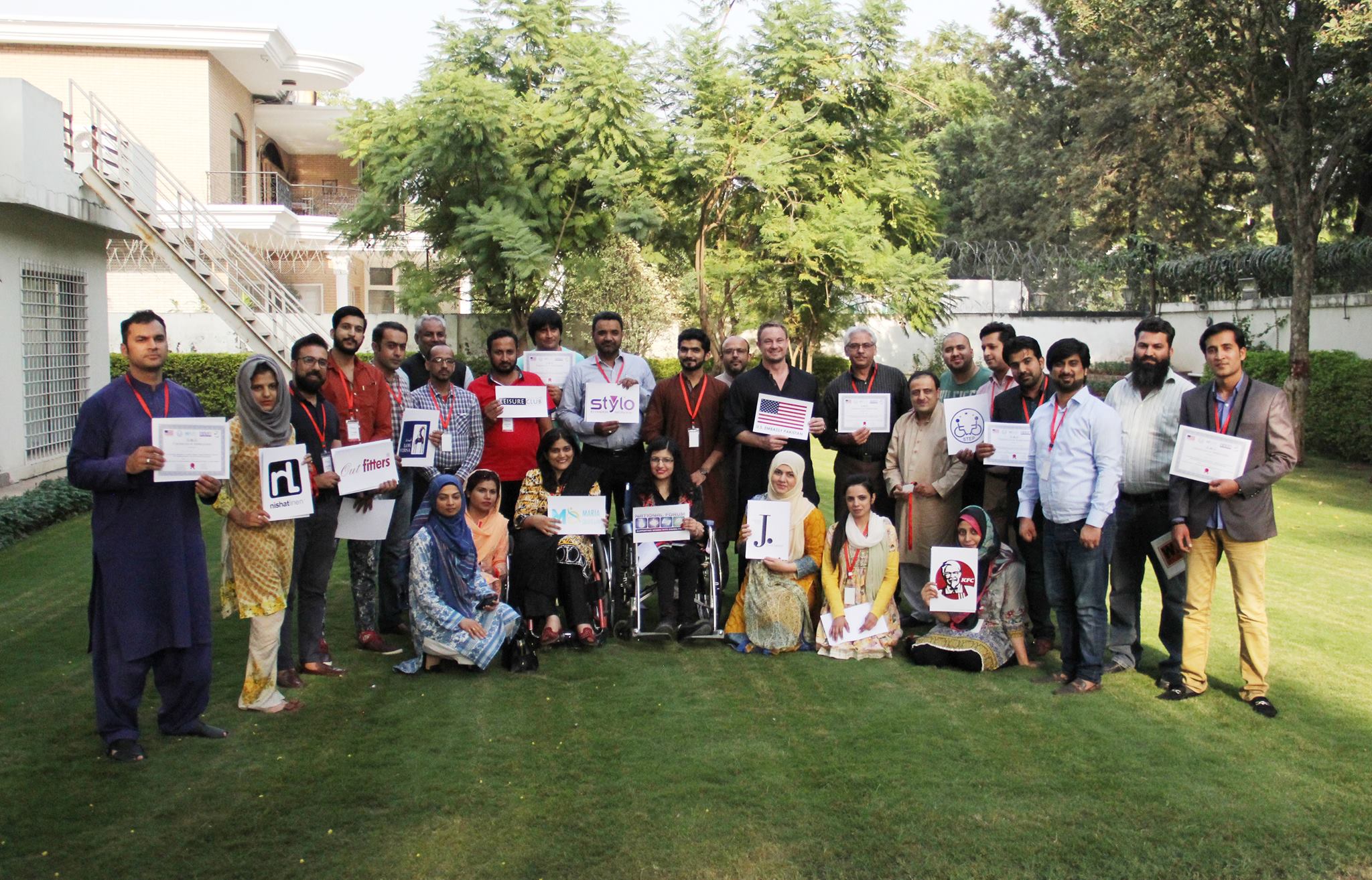
The concluding ceremony of the training was held at the United States Education Foundation in Pakistan where the participants received their certification by the representatives of the U.S. Embassy Islamabad.
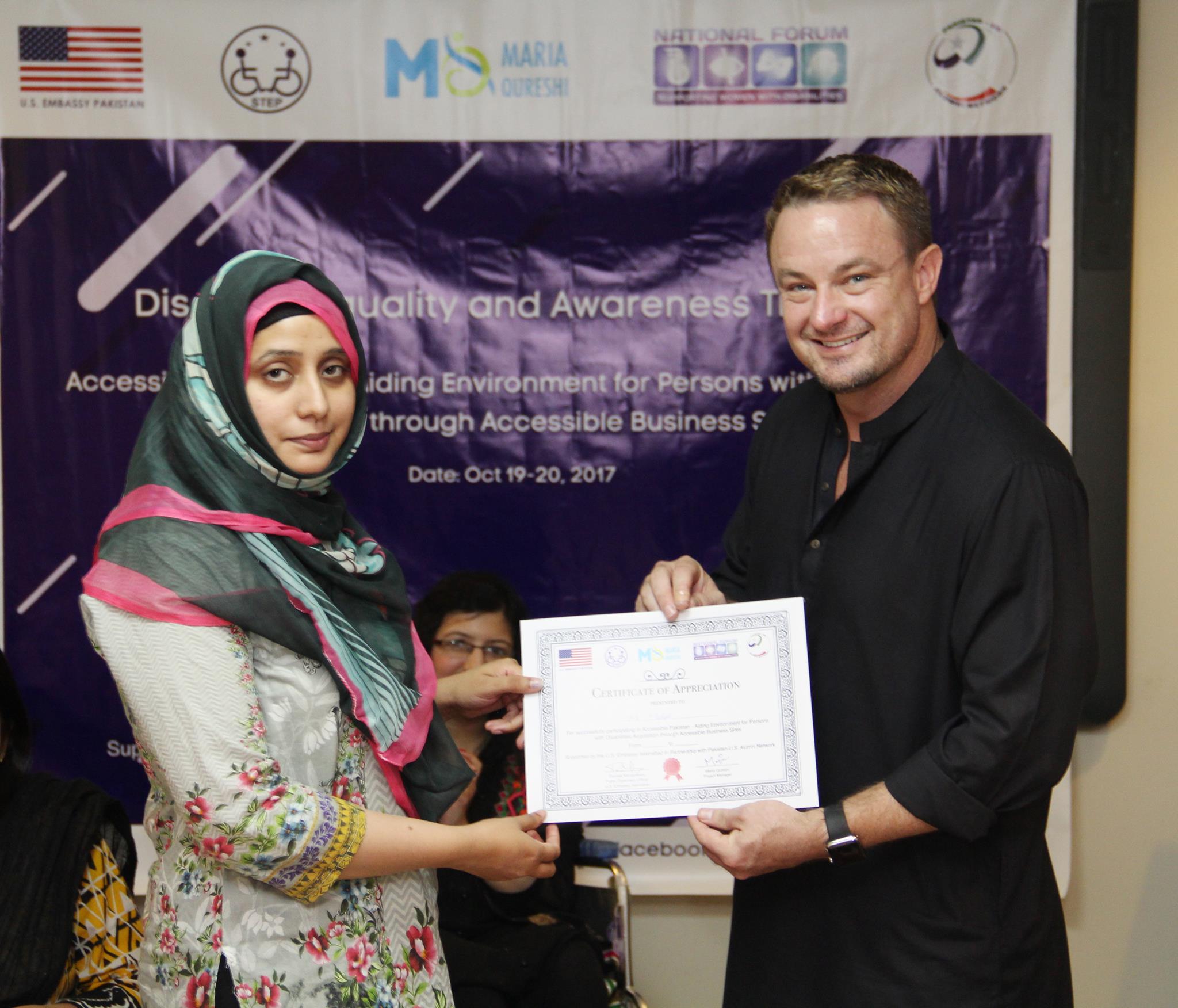
Simultaneously, a social media campaign was also implemented to inform the masses on how difficult it can get for a person with a disability to access a place which is otherwise seems regular and accessible by the mainstream society.
The project concluded on December 9, 2017, with a milestone of having six out of twelve brands sign the MoU to ensure its infrastructure meets the needs of the person with disabilities, and furthermore, sensitizing and accustoming the local business community about the rights of persons with disabilities.
The initiative is on a track towards making the public spaces of Pakistan more accessible and safer for each citizen and providing an equal opportunity for all in becoming an active citizen and ultimately developing the nation, one action at a time.


